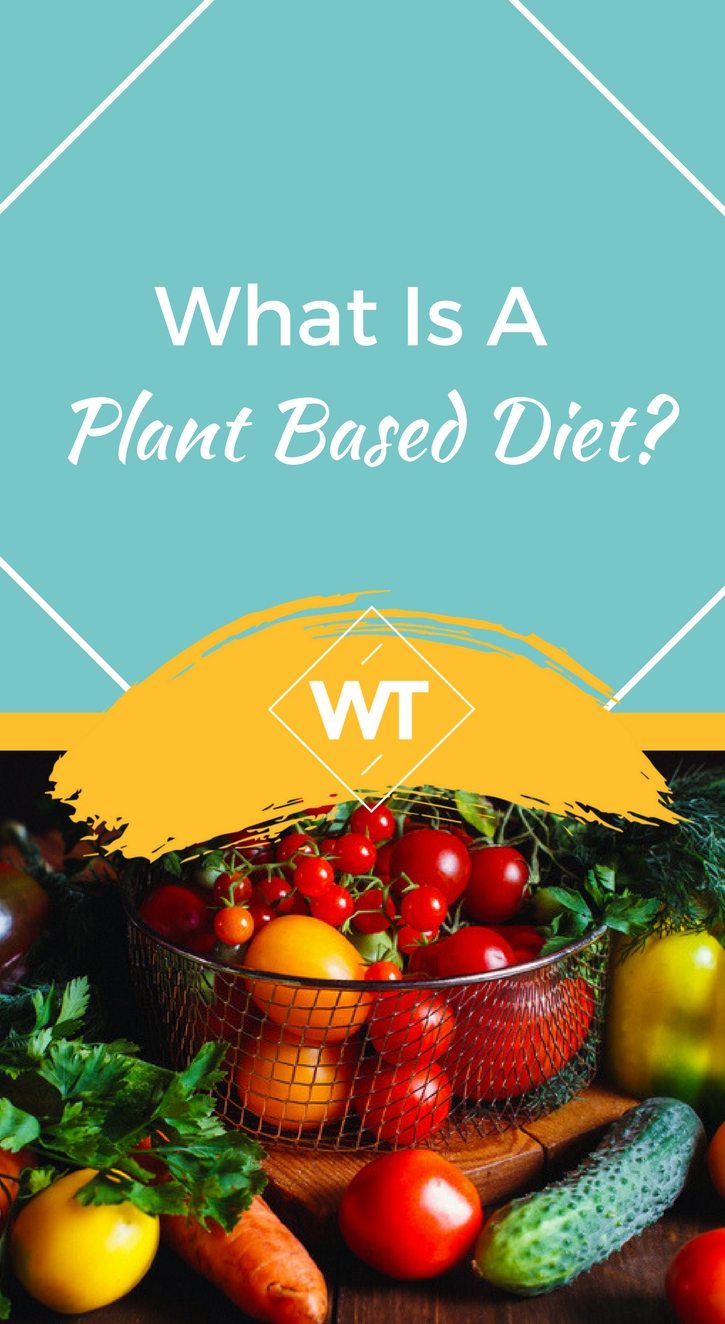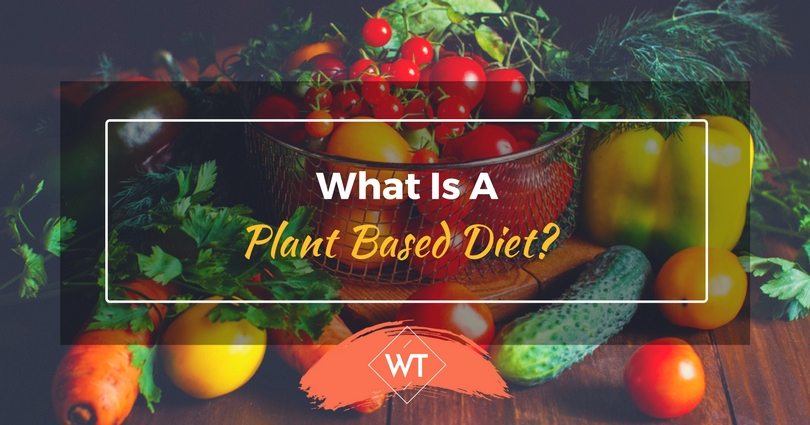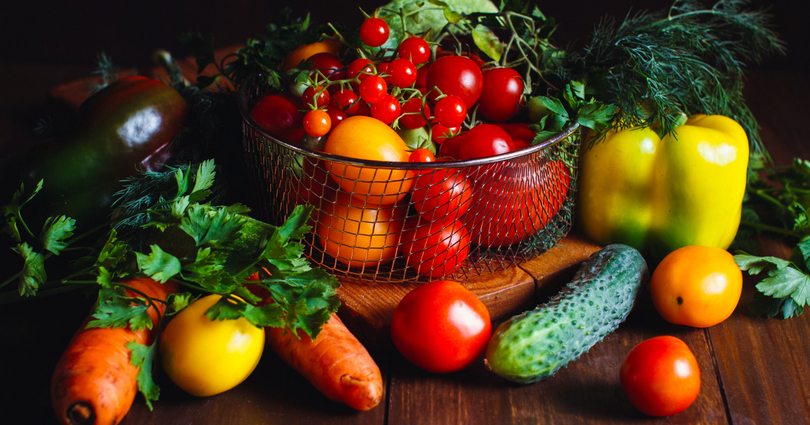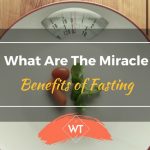What Is A Plant Based Diet?

Amongst the controversy between the meat eaters, vegetarians and vegans there is a neutral ground and it is plants. Despite all disagreement on dietary views (even if we don’t embrace a completely plant based diet), we can all still agree that there’s nothing wrong with making at least the bulk of our diets largely plants.
A diet that is comprised of whole foods—how they are found in their natural state—is the cornerstone of any healthy diet. We can take it one step further by balancing our plates by adding plenty of fresh plant life into our diets.
By introducing a wide range of vibrant, organic vegetation we automatically begin to feel better. This includes plant-based fats, oils and even proteins. Plants are nature’s medicine, so it only makes sense that we find enjoyable ways to incorporate more plant life into our diets.
Vegan & Vegetarian: Is it the only way to enjoy a plant based diet?
Plant based diets are on the rise, vegan and vegetarianism is the latest thing. However, it’s not the only way to have one. A plant based diet can be any sort of diet that is at least 80 percent plants including legumes, tubers, vegetables, fruits, nuts/seeds, and herbs.
A vegan or vegetarian diet can serve as a basic guideline for building a plant based diet that will build a stronger body, a clearer mind, and more robust immune system. However, not everyone has the same metabolism or body and in fact, many of the healthiest cultures still eat a diet rich in animal foods. The animal foods consumed by these cultures are of the purest quality though and paired with plant life.
So for any meat eaters who may genetically or ethnically have a metabolism designed to consume meat, you too can easily have a plant based diet by simply adjusting your ratios. Meat or any other animal products only need to be roughly 20% of the diet, anything above that may be inflammatory to the body. In other words, eat mostly plants.
Additionally, a diet that has a higher ratio of raw foods to cooked foods is also ideal and a good consideration for optimal digestive function. There is the exception of certain body types or constitutions where one may consume more lightly cooked foods over raw.
Examples would be anyone with a weak digestive system or from an Ayurvedic perspective, has aggravated Vata. Again, a plant based diet and lifestyle is just a general rule for designing an ideal for every individual; there will always be other factors and variations.
Foods you will still keep raw (no matter the circumstances) would likely be fruits, nuts and seeds, oils, and as another general rule, when you are cooking foods, the lower the heat the better. Overcooking or heating can cause damage to the nutrients, causing proteins to denature, fats to become oxidized and enzymes to be lost.
That being said, there are some foods that are better cooked—whether on a plant based diet or not—and these would include root vegetables, potatoes, organic grains, and any brassica or cruciferous vegetables.
Getting protein from plants
One of the most common confusions people have when considering a plant based diet is the topic of protein. Many people think that you cannot find protein in plants or on the other end of the spectrum, suggest that protein isn’t that important. However, our bodies are mostly protein (next to water). Protein is essential to the growth of the physical body, blood sugar, hormonal balance, energy, and cognitive function.
To make sure we are getting enough protein on a plant based diet, it’s going to be helpful to understand what protein is. Protein comes from a word that literally meant primary (as in: it’s the main thing we need) and animals, interestingly, obtain their protein from primary sources by consuming grasses. Whereas many humans get secondary-fed protein by consuming the animal itself.
Which is better? Well, it comes down to digestibility. Animals have much stronger digestive systems than ours; some animals have two stomachs to ferment wild grasses while others have much stronger stomach acid. In order to get the amino acids from plants, humans would also need a very strong digestive system. However, we do not produce the enzymes to break down plant cellulose.
So the best way to get plant proteins are going to be from sources where the cellulose has been predigested via fermentation or from other plant sources that are easier to digest.
The best, most digestible, bioavailable sources of plant protein include:
- Fermented spirulina and chlorella
- Blue-green algae
- Hemp seeds
- Soaked chia seeds
- Goji berries
- Pine and bee pollen
- Maca
- Soaked and sprouted grains
- Soaked and sprouted nuts
- Fermented coconut
- Green veggies like broccoli, kale and spinach
- Avocados
- Olives
- Durian
- Fermented pea protein
Plant-based fat
A plant-based diet doesn’t mean only vegetables, in fact, a fat carrier for vegetables is very important to absorb the nutrients in vegetables. Fat is highly important for the nerve function, brain development, hormonal production, and keeping the liver clean of accumulated rancid oils and fats. Plus, consuming a healthy fat with vegetables makes them tastier!
Amongst the many healthy fats available on a plant based diet, here are a few of the best:
- Avocados
- Coconut meat and oil
- Olives and olive oil
- Cacao
- Durian
- Hemp seeds and oil
- Chia seeds and oil
- Borage
- Red palm
Keeping it balanced
Perhaps the most important foods to a plant based diet are leafy greens. Many people who adopt even a plant based diet focus too much on fruit, starches and other heavy foods. When the truth is these should be consumed much less (like animal products, only roughly 20% of the diet).
An ideal balance of the plate would be roughly 80% non-starchy vegetables like leafy greens, broccoli, zucchini, wild herbs and the remaining 20% animal proteins, starches, grains and concentrated proteins like nuts and seeds. If we reverse this equation too much it can lead to imbalances in the body. Leafy greens, herbs and watery vegetables keep the body cleansed, mineralized, hydrated and maintain a healthy pH balance.
No matter how you arrange your diet, these tips will help you reach your dietary goals with greater efficiency. On top of these, of course, we want to be choosing organic foods of the highest quality, always. These guidelines will ensure one is consuming a diet rich in antioxidants, bioavailable fats, proteins and carbs, vitamins, minerals and micronutrients that are essential to optimal health.
The more quality foods we include into our diets, the better the body will function—it’s that simple.









Leave a Reply